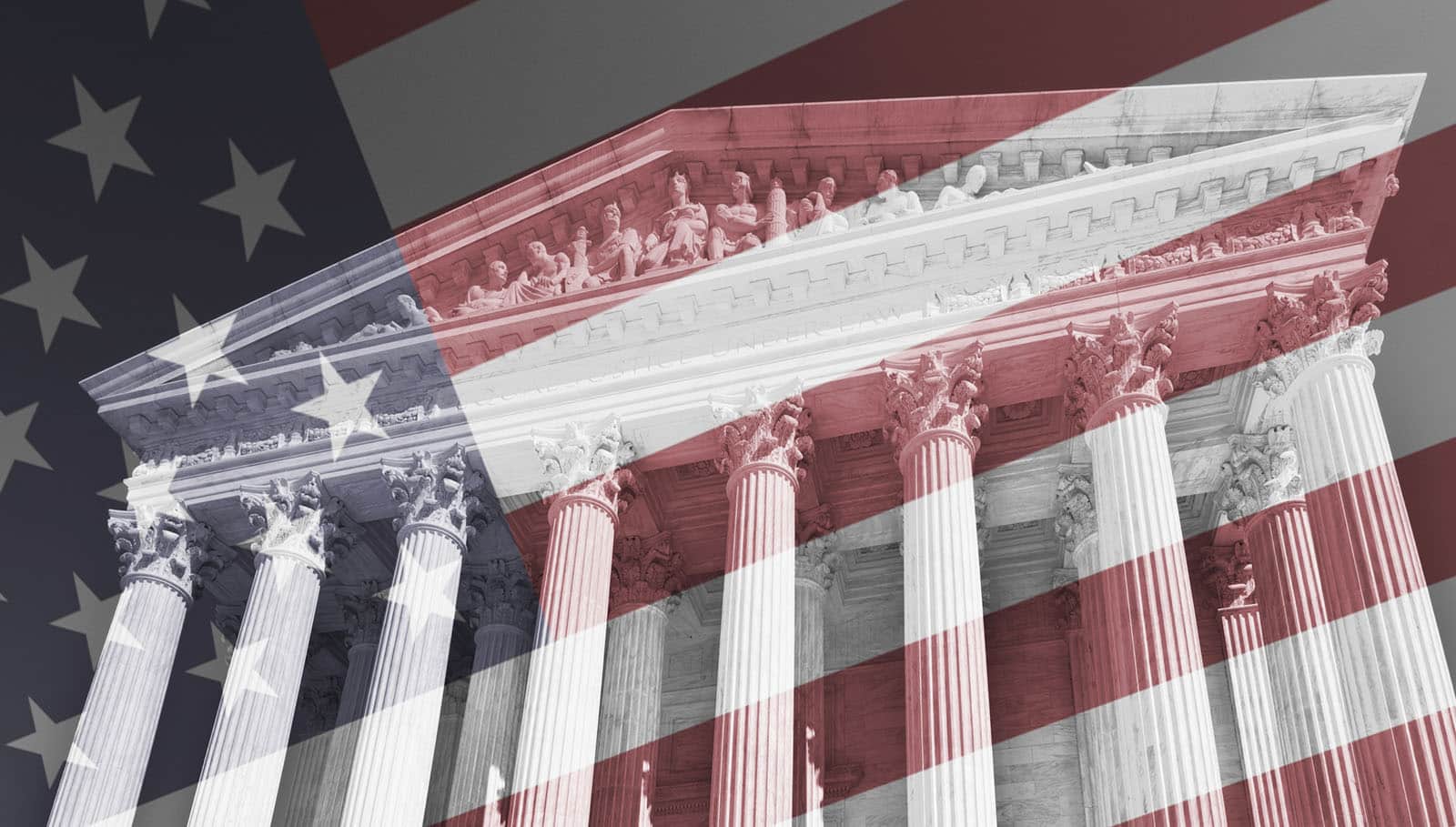What is Foreign Bribery?
Foreign bribery is the act of offering, promising, giving, or accepting a bribe to a foreign official, political party, or candidate for public office to influence the recipient's actions or decisions to obtain or retain business or to secure an improper advantage. Foreign bribery is also known as transnational bribery or international bribery.
May 14, 2025

This information is provided for educational purposes only by Kohn, Kohn & Colapinto and does not constitute legal advice. No attorney-client relationship is created by accessing this content. Laws and regulations may change, and this material may not reflect the most current legal developments. If you believe you have a whistleblower claim, consult a qualified attorney to discuss your specific circumstances.
Foreign bribery is the act of offering, promising, giving, or accepting a bribe to a foreign official, political party, or candidate for public office to influence the recipient’s actions or decisions to obtain or retain business or to secure an improper advantage. Foreign bribery is also known as transnational bribery or international bribery. It is illegal in many countries and is considered a form of corruption.
Foreign bribery can take many forms, including cash payments, gifts, favors, or other forms of inducement. It can be committed by individuals or businesses and can occur in many different sectors, including the public, private, and nonprofit sectors.
The consequences of foreign bribery can be severe, including fines, imprisonment, and damage to a company’s reputation. Many countries have laws that criminalize foreign bribery, including the U.S. Foreign Corrupt Practices Act and the UK Bribery Act.
In addition, organizations such as the Organization for Economic Cooperation and Development (OECD) and the World Bank have adopted conventions and guidelines to combat foreign bribery and other forms of corruption.
The Foreign Corrupt Practices Act (FCPA)
Whistleblowers can report foreign bribery using the Foreign Corrupt Practices Act (FCPA). This federal law prohibits individuals and companies from engaging in corrupt practices, such as bribery, to obtain or retain business.
The SEC is responsible for enforcing the FCPA’s provisions related to securities fraud, including the requirement that companies publicly disclose any illicit payments made to foreign officials.
The DOJ is responsible for enforcing the FCPA’s provisions related to criminal conduct, including prohibiting paying bribes to foreign officials.
Both the SEC and DOJ have the authority to investigate and prosecute companies and individuals for violating the FCPA. They can also bring civil or criminal charges against individuals and companies for violating the FCPA. In addition, the SEC and DOJ can impose fines and penalties on companies and individuals found guilty of violating the FCPA.
Rewards for Reporting Foreign Bribery
The DOJ allows individuals who report foreign bribery to receive a reward of up to 30% of the amount recovered by the government as a result of their report. This reward is only available to individuals who report foreign bribery before the government has initiated an investigation. The reward amount will depend on the significance of the information provided and the assistance provided by the individual in the investigation.
The SEC Office of the Whistleblower pays rewards to individuals who provide original, credible, and timely information about a violation of the FCPA that leads to a successful enforcement action. The SEC can pay rewards of up to 30% of the monetary sanctions collected in a successful enforcement action.
To qualify for a reward, the individual must provide information not known to the SEC at the time of the investigation and must not have participated in the misconduct reported. Additionally, the individual must cooperate with the SEC’s investigation and any related enforcement action.
How to Report Foreign Bribery
Whistleblowing is serious business. Whistleblowers often face retaliation from their employers, including being fired, demoted, or ostracized. Whistleblowers must familiarize themselves with the steps to protect themselves and the legal recourse available if they face retaliation. Whistleblowers can report foreign bribery by following these steps:
- Hire an attorney: although not required, we strongly suggest contacting an SEC whistleblower attorney first before blowing the whistle. An attorney will ensure your identity remains anonymous, help protect you against retaliation, and assist you in filing for rewards.
- Contact the Securities and Exchange Commission or the Department of Justice: whistleblowers can report foreign bribery to the SEC or DOJ, both of which are responsible for enforcing the FCPA. The SEC has a whistleblower program that rewards individuals who report violations of federal securities laws, including the FCPA.
- File a complaint: whistleblowers can file a complaint with the SEC or DOJ. Keep in mind that you must have an attorney present to file anonymously. The complaint should include detailed information about the alleged foreign bribery, including the names of the individuals and companies involved, the dates and locations of the corrupt activities, and any supporting evidence.
- Remain patient: after filing a complaint, you’ll need to wait on the SEC or DOJ’s decision to pursue an investigation into the alleged foreign bribery. If you do not hear back from either in a reasonable time frame, proceed to follow up on your own or with an attorney.
By reporting foreign bribery, whistleblowers can help bring corrupt practices to light and ensure that individuals and companies are held accountable for their actions.
Our Firm’s Cases

$300 Million in Sanctions and Fines
Our firm and Athens-based Greek law firm of Pavlos K. Sarakis & Associates jointly represented Greek whistleblowers who proved that the multinational Swiss-based pharmaceutical company Novartis paid millions in bribes to illegally market drugs in violation of the FCPA. Novartis was required to pay $300 million in sanctions and fines.

$70 Million in Rewards
With an unwavering commitment to our clients who expose foreign corruption, we have been instrumental in obtaining over $70 million in rewards for multiple non-U.S. citizen whistleblowers across Europe, Asia, and Latin America.
Relevant FAQs
Latest News & Insights
February 24, 2026
February 16, 2026





